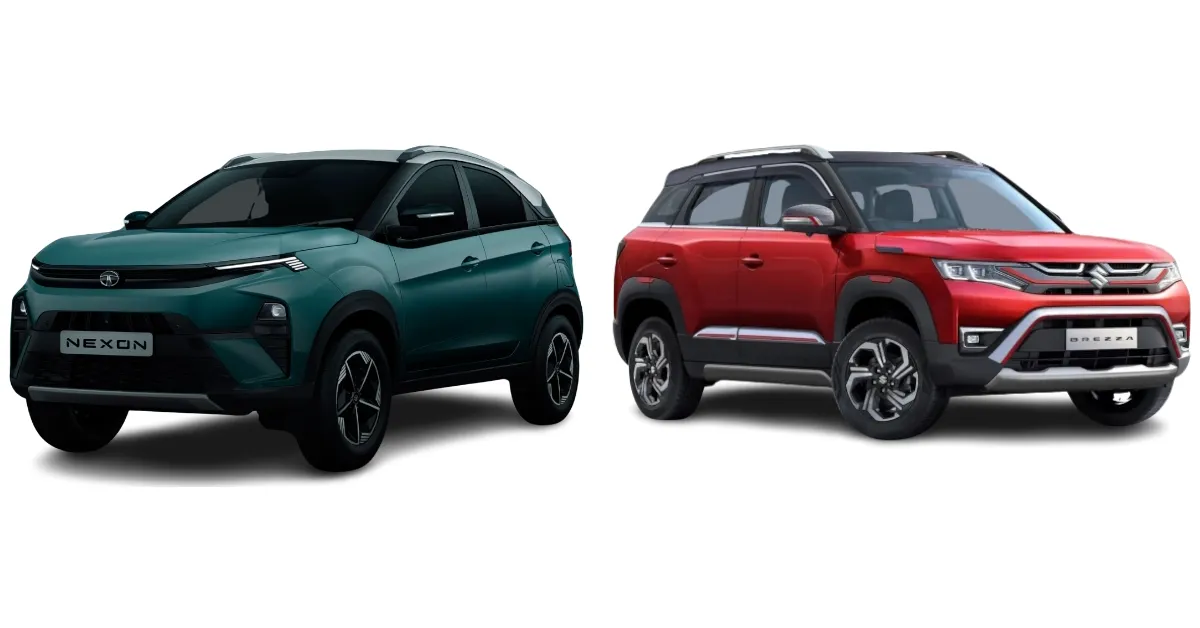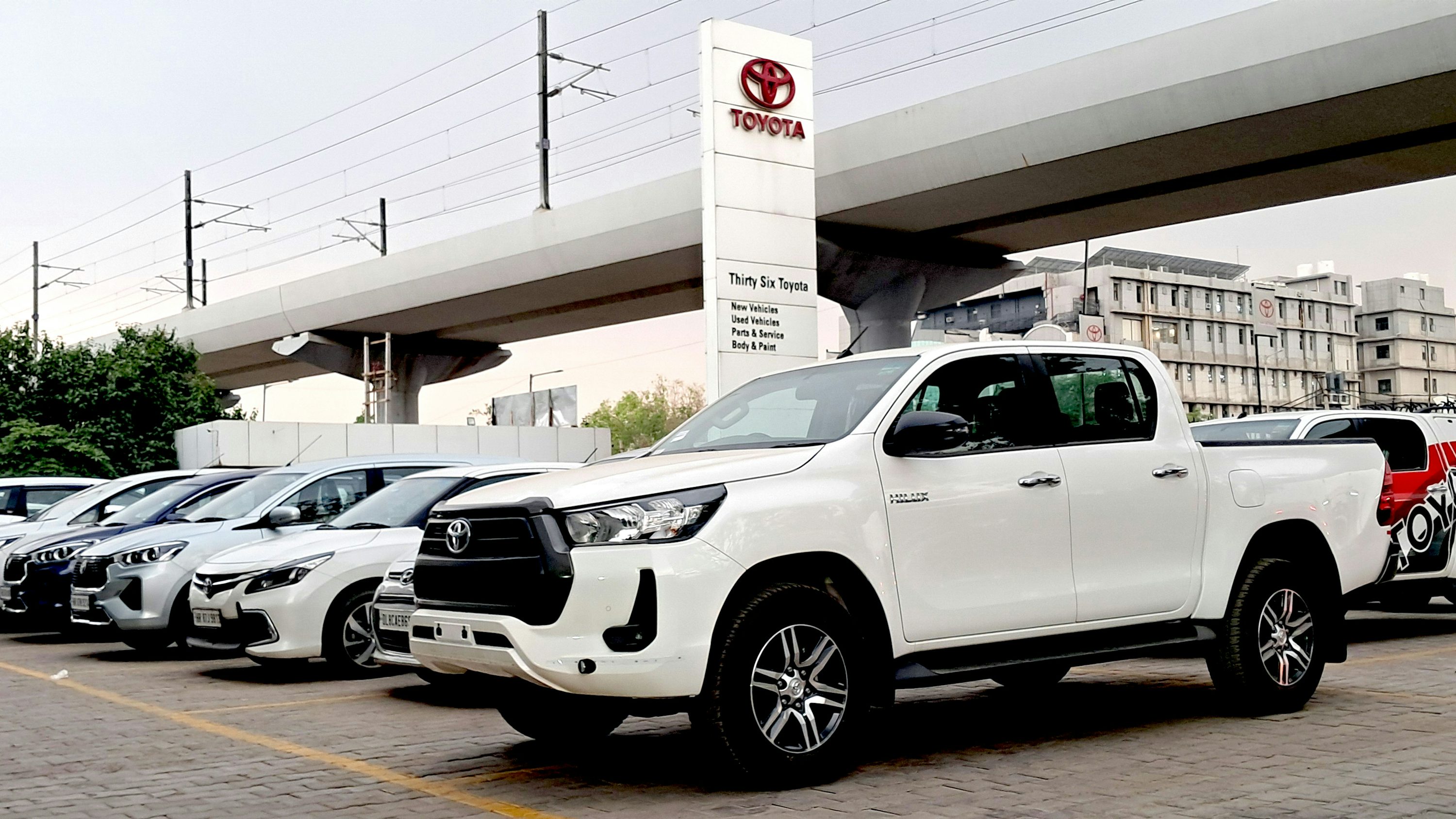
Table of Content
▼Introduction
November 2024 has brought mixed fortunes for the Indian automotive industry, with several major players witnessing significant changes in their sales figures. Maruti Suzuki, Toyota, and Tata Motors reported robust growth, while Hyundai experienced a notable decline in sales. This article delves into the factors influencing these trends and their implications for the industry.
Maruti Suzuki: Leading the Pack
Maruti Suzuki, India's largest car manufacturer, continued its dominance in November 2024. The company recorded a substantial increase in sales, driven by strong demand for its popular models like the Swift, Baleno, and the newly launched Grand Vitara. Maruti Suzuki's aggressive marketing strategies, attractive financing options, and the introduction of new variants have resonated well with consumers.
Key Factors for Growth:
- Product Lineup: A diverse range of models catering to different segments, from budget hatchbacks to premium SUVs.
- Dealer Network: Extensive reach across urban and rural markets, ensuring accessibility for a wider customer base.
- Customer Trust: Established reputation for reliability and fuel efficiency, maintaining consumer confidence.
Toyota: Riding High on Hybrid Success
Toyota reported impressive growth in November 2024, largely attributed to its expanding hybrid and electric vehicle (EV) portfolio. The popularity of the Toyota Camry Hybrid and the newly introduced Innova EV has bolstered the company's sales. Toyota's focus on sustainable mobility solutions aligns with the increasing consumer preference for eco-friendly vehicles.
Key Factors for Growth:
- Hybrid Technology: Advanced hybrid and EV offerings appealing to environmentally conscious buyers.
- Government Incentives: Benefiting from subsidies and tax breaks for green vehicles.
- Brand Perception: Strong brand loyalty and a reputation for durability and innovation.

Tata Motors: A Rising Star
Tata Motors continued its upward trajectory in November 2024, with a notable increase in sales. The success of models like the Tata Nexon EV, Harrier, and the newly launched Punch has contributed to this growth. Tata's commitment to safety, innovative design, and affordable pricing has made it a preferred choice among Indian consumers.
Key Factors for Growth:
- EV Focus: Leading the electric vehicle segment with competitive pricing and impressive range.
- Safety Standards: High safety ratings for popular models, attracting safety-conscious buyers.
- Innovative Marketing: Effective advertising campaigns and strategic collaborations enhancing brand visibility.
Hyundai: A Surprising Decline
In contrast to its competitors, Hyundai faced a challenging month in November 2024, registering a dip in sales. The decline is attributed to several factors, including increased competition, supply chain disruptions, and changing consumer preferences. Despite the popularity of models like the Creta and Venue, Hyundai struggled to maintain its sales momentum.
Key Factors for Decline:
- Supply Chain Issues: Shortages of critical components affecting production and delivery timelines.
- Competitive Pressure: Intense competition from Maruti Suzuki, Tata Motors, and new entrants in the market.
- Market Dynamics: Shifts in consumer preference towards electric and hybrid vehicles, where Hyundai's offerings are limited compared to rivals.
Industry Implications
The mixed sales performance in November 2024 highlights the dynamic nature of the Indian automotive market. The growth of Maruti Suzuki, Toyota, and Tata Motors underscores the importance of innovation, sustainability, and customer-centric strategies. Meanwhile, Hyundai's decline serves as a reminder of the challenges posed by supply chain vulnerabilities and market competition.
Conclusion
As the automotive industry navigates through evolving consumer demands and technological advancements, companies must adapt to stay competitive. Maruti Suzuki, Toyota, and Tata Motors have demonstrated resilience and adaptability, capitalizing on market trends and consumer preferences. Hyundai, on the other hand, needs to address its current challenges to regain its footing. The coming months will be crucial for all players as they strive to enhance their market positions and drive future growth.
Also Read: Uber Announces UberOne Membership Programme in India
Neha Mehlawat
Neha Mehlawat is an automotive journalist and industry analyst with 10+ years of experience covering cars, bikes, and mobility trends. She tracks the latest launches, technology upgrades, and policy changes in the auto sector, delivering sharp insights that help readers stay ahead in the fast-evolving world of automobiles.
_1771841137.webp)
_1771830586.webp)



